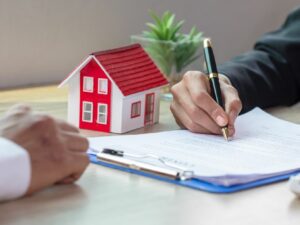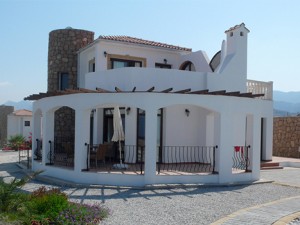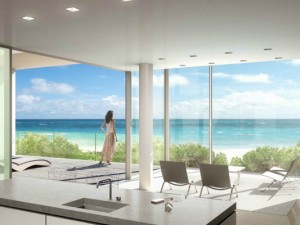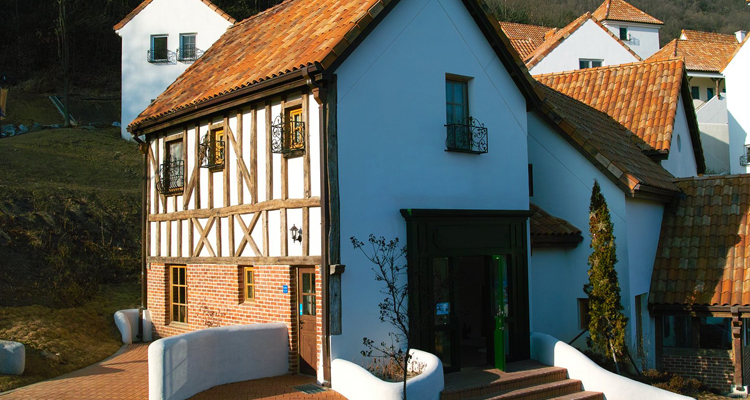
Whether you are thinking of buying a chalet in picturesque Nice or a farmhouse in cultural Brittany, there will ultimately be a number of challenges you will face during the buying experience. As exciting as the prospect of a holiday may be, you will inevitably have to face the problems of legal procedures in a foreign language.
Buying a property in France is a dream many of us hold. It is both an exciting and enjoyable experience but buying a property in a foreign country is also a challenging one, particularly if you do not speak the language.
To help make that experience less challenging, we have summed up the top 10 facts that are worth knowing when buying a property in France.
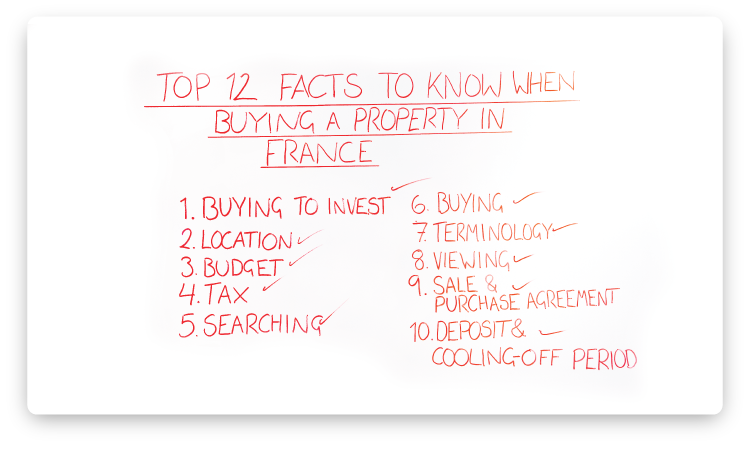
Buying to invest
If you are looking to purchase a property where the main objective is a long term investment, then in France there are three main approaches. Buy-to-let, leaseback, and life annuity also known as viager in French. Regardless of the route you choose to take, ensure that you clarify your investment objectives and choose a property with good resale potential and rental prospects, not merely for the tax break it offers.
Location
Almost everything concerning your property can be changed, albeit at a cost, except its location. You need to examine the environment around the property, as well as the market conditions for the area. Spend time visiting the area on several occasions, and get an understanding of how it changes between the seasons. It is also worth checking out the development plans for the area.
Budget
Take time to thoroughly assess your budget. Do not forget that you may need to take in to consideration, currency fluctuations although you can make great savings by booking a forward contract and securing your rate with a specialist currency broker. A good rule of thumb is to allocate 10% of your budget to fees and taxes.
Tax
It is important to give consideration to the tax and inheritance implications in both France and your country of residence. Find out about the local rates that are payable on the property. You will be liable for both taxe d’habitation and taxe fonciere.
Searching
Once you have established your broad parameters, your property search can begin. One approach before you buy, particularly those seeking a permanent home is to actually rent a property in France in the are you have provisionally decided to buy. There are of course rental costs but this approach enables you to try before you buy.
Buying
In France, properties are sold in one of three ways; via private vendors, particuliers, via an estate agent, immobilier or occasionally via a notaire. If the property is for sale through an agent, you will need to find out if the price includes the agency fees which will typically be between 5-10%, although they are negotiable. The acronym FAI stands for frais agence inclus and shows that agency fees are included. Notaire’s fees are not usually included within any advertised prices. These will be around 7% although they vary depending on new or existing property.
Terminology
The total living are in square metres is known as metres carres and is often advertised by French agents in priority to the number of bedrooms available. The number of rooms known as pieces is stated but this excludes the kitchen, bathrooms and toilets.
Viewing
Agents or notaires selling property require that you sign a form called a ‘bon de visite’ to confirm that you have been introduced to the property by them. This is so that they are entitled to commission should you choose to buy. An agent should not ask you to sign anything other than a bon de visite before the viewing.
Sale and purchase agreement
Once you have agreed the basic terms with the seller you will need to sign a sale and purchase agreement. The written agreement takes either the form of a Promesse de vente or a Compromise de vente, although the latter is more common.
Paying a deposit and cooling off period
You will be asked to make a deposit, normally 10% of the purchase price, although it can be a lesser sum as the law does not stipulate a minimum amount. Once the agreement has been signed, and you have received your copy, you have seven days during which you are entitled to withdraw from the contract without penalty.
Local searches
Once the sale and purchase agreement has been signed, then the notaire is tasked with undertaking the usual searches to ensure proper title, and that there are no present encumbrances on the property. They will also need to purge the property of any rights of prior acquisition by the local council or the French national land agency called SAFER. These enquiries normally take around 2 months to complete.
Completion
Completion of the sale takes places through signing of the deed of sale, in the form of acte authentique. The day before completion takes place, visit the property to ensure all is as it should be, particularly in relation to fixtures and fittings.
We hope you have found these top 10 facts useful and wish you the best of luck when buying your property in France. Of course if you have any questions, feel free to tweet us @mycurrencytrans or email me at [email protected]
Written by Sofia Kluge on Google+


